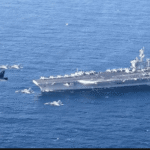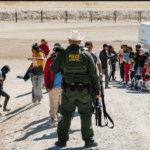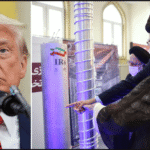1. Introduction: A Critical Juncture in Global Diplomacy
Iran to Hold has announced plans to resume nuclear negotiations after facing a fresh wave of censure from the United Nations’ International Atomic Energy Agency (IAEA). This decision, which comes amid heightened international scrutiny and growing regional tensions, could significantly impact global nuclear diplomacy.
The IAEA recently passed a resolution criticizing Iran for its lack of cooperation in providing access to key nuclear facilities and information. As Tehran prepares to engage in talks, stakeholders around the world are keenly observing whether these negotiations can pave the way for de-escalation or exacerbate existing conflicts.
2. Background: The Nuclear Standoff
The roots of Iran’s nuclear program date back decades, but it became a focal point of international concern in the early 2000s. Accusations that Iran was pursuing nuclear weapons prompted severe sanctions and diplomatic efforts to curtail its program.
In 2015, the Joint Comprehensive Plan of Action (JCPOA), commonly known as the Iran nuclear deal, was signed between Iran and major world powers, including the United States, the European Union, Russia, and China. The agreement limited Iran’s nuclear activities in exchange for sanctions relief.
However, in 2018, the U.S. unilaterally withdrew from the JCPOA under then-President Donald Trump, reimposing strict sanctions. Iran gradually began breaching the deal’s limits, leading to escalating tensions and growing international alarm. 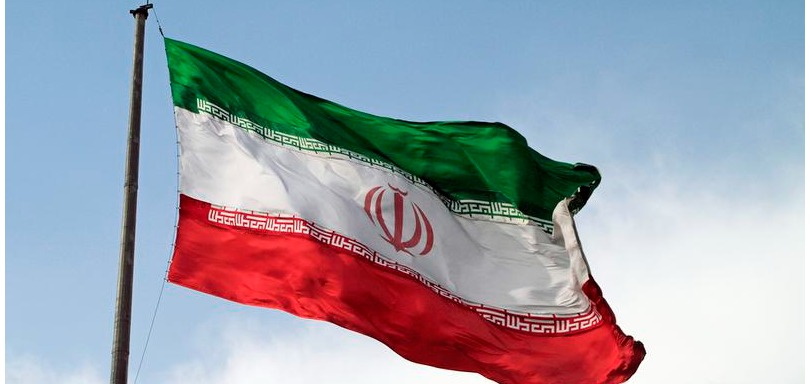 For the more information click on this link
For the more information click on this link
3. Recent Developments: IAEA’s Censure
The IAEA’s latest resolution censured Iran for failing to provide satisfactory explanations regarding uranium particles detected at undeclared sites. The watchdog has also raised concerns about restricted access to monitoring equipment, which hampers its ability to verify Iran’s compliance with its nuclear obligations.
Iran dismissed the resolution as politically motivated and accused Western powers of bias. Nevertheless, the censure has increased pressure on Tehran to return to the negotiating table.
4. Iran’s Position: Balancing Defiance and Diplomacy
Iran’s leadership has adopted a dual strategy of defiance and engagement. While it continues to expand its nuclear activities, such as enriching uranium to near weapons-grade levels, it has also expressed willingness to engage in talks.
Iran insists that its nuclear program is for peaceful purposes, such as energy production and medical research. It has demanded the lifting of sanctions and guarantees that future agreements will not be unilaterally abandoned, as happened with the JCPOA.
5. International Stakeholders and Their Interests
United States
The Biden administration has signaled its willingness to revive the JCPOA, but only if Iran returns to full compliance. However, domestic political challenges and skepticism from allies, Iran to Hold particularly Israel, complicate Washington’s approach.
European Union
The EU has played a mediating role in nuclear talks, emphasizing the importance of diplomacy to prevent proliferation. It remains committed to salvaging the JCPOA, Iran to Hold despite challenges posed by Iran’s recent breaches.
Russia and China
Russia and China, while supportive of Iran’s right to peaceful nuclear activities, have called for transparency and adherence to international norms. Both countries view the nuclear issue as a platform to counter Western influence but are wary of regional instability.
Israel
Israel has consistently opposed the JCPOA and views Iran’s nuclear program as an existential threat. It has conducted covert operations, including sabotage and cyberattacks, Iran to Hold to hinder Iran’s nuclear progress and has urged tougher international action.
6. Regional Implications: A Delicate Balance of Power
The Middle East remains a hotspot for geopolitical rivalries, and Iran’s nuclear ambitions have far-reaching implications. Countries like Saudi Arabia and the UAE have expressed concerns about a nuclear-armed Iran, which could trigger a regional arms race.
At the same time, Iran’s role in regional conflicts, such as in Yemen, Syria, and Iraq, adds another layer of complexity to the negotiations. Successful talks could reduce tensions, Iran to Holdwhile failure could exacerbate instability.
7. Challenges to the Negotiations
Distrust Among Parties
Years of mutual distrust between Iran and Western powers make progress difficult. Iran’s demand for sanctions relief clashes with Western concerns over its ballistic missile program and regional activities.
Internal Politics in Iran
Iran’s hardline government, led by President Ebrahim Raisi, Ira n to Hold has adopted a more confrontational stance compared to its predecessor. This approach appeals to domestic audiences but complicates diplomatic efforts.
External Pressures
Countries like Israel and factions within the U.S. Congress are likely to oppose any agreement perceived as too lenient. These pressures could derail the talks or limit the scope of any potential deal.
8. The Role of the IAEA
As the global nuclear watchdog, the IAEA plays a pivotal role in verifying compliance and fostering transparency. Its censure reflects the urgency of addressing Iran’s nuclear advancements, Iran to Hold but it also risks pushing Tehran further toward defiance.
IAEA Director General Rafael Grossi has emphasized the need for open communication and access to facilities. Whether the upcoming talks can address these concerns remains to be seen.
9. Potential Outcomes of the Talks
A New Agreement
A successful outcome could involve a revised version of the JCPOA, incorporating additional measures to address current concerns. This would require concessions from both sides, Iran to Hold including sanctions relief and enhanced monitoring.
Stalemate
If neither side is willing to compromise, the talks could result in a deadlock. This scenario would likely lead to further escalation ,Iran to Hold including more sanctions and increased regional tensions 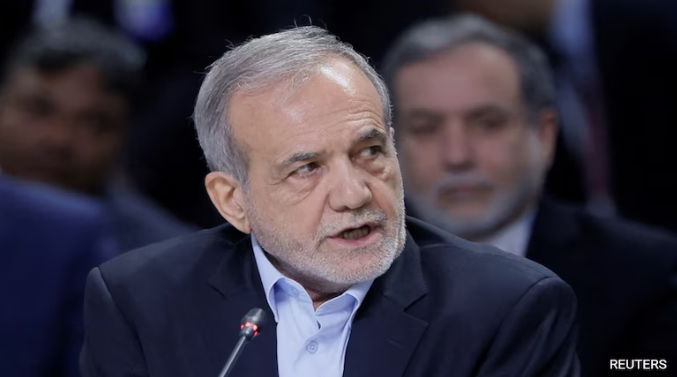 ,For the more information click on this link
,For the more information click on this link
Escalation of Conflict
In the worst-case scenario, failed talks could lead to military confrontations or unilateral actions by countries like Israel, Iran to Hold which might consider preemptive strikes to curb Iran’s nuclear progress.
10. The Broader Implications of Success or Failure
The outcome of these talks will have far-reaching implications for global nuclear non-proliferation efforts. A successful resolution could serve as a model for addressing similar challenges with North Korea or other states.
Conversely, Iran to Hold failure could undermine the credibility of diplomatic approaches and embolden other countries to pursue nuclear capabilities without fear of repercussions.
11. Conclusion: A Pivotal Moment in Diplomacy
Iran’s decision to resume nuclear talks marks a critical juncture in the ongoing standoff over its nuclear program. The negotiations offer a chance to de-escalate tensions and prevent further proliferation, Iran to Hold but they also face significant hurdles.
As the world watches closely, the stakes are high—not only for Iran and its negotiating partners but also for the broader international community. The outcome will shape the future of nuclear diplomacy and its role in promoting global security. ALSO READ:-China Probes Top Military Official After Dismissal for Corruption 2024

